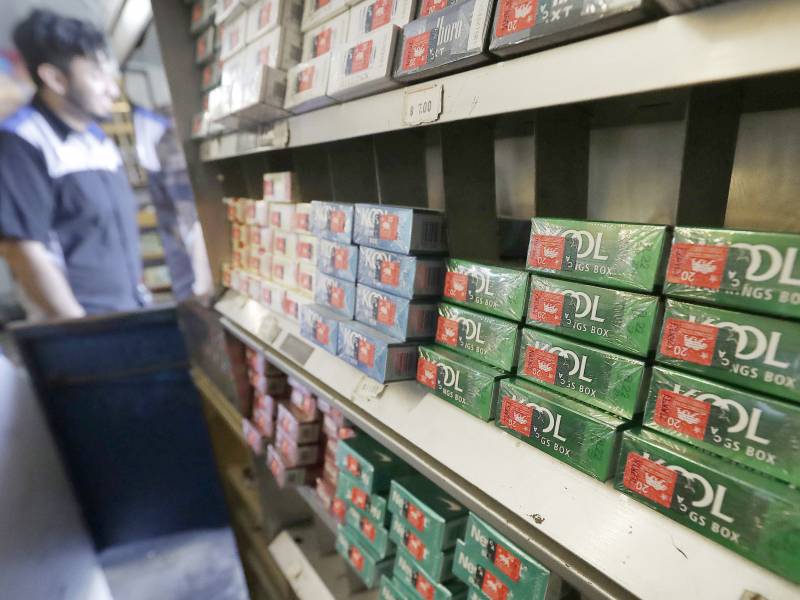The African American Tobacco Control Leadership Council has long pushed to ban menthol cigarettes.
"This is a major step forward in Saving Black Lives; however, this is not the end of this fight, only the next stage," Phillip Gardiner, the council's co-chair, said in a statement. "We know that this rule making process could take years and we know that the tobacco industry will continue to do everything in their power to derail any attempt to remove their deadly products from the market."
In advance of the announcement, California Gov. Gavin Newsom urged the federal government in a news release Wednesday “to follow California’s leadership to protect public health and advance racial equity by moving to ban menthol-flavored cigarettes.”
“For decades, Big Tobacco has targeted and profited from Black communities with marketing for minty menthol cigarettes and as a result, smoking-related illnesses are the number one cause of death among Black Americans,” Newsom said.
Newsom cited Senate Bill 793, a law he signed last year that eliminated flavored e-cigarettes and menthol tobacco products “that lure our kids.”
The FDA will publish the proposed rule in the Federal Register, allow time for public comment and then make any revisions before publishing the final rule.
The FDA's announcement is the culmination of years of effort and wait by public health groups – and the work isn't over yet, said Joanna Cohen, a professor at the Johns Hopkins Bloomberg School of Public Health.
If the FDA publishes a final rule, Cohen said, "the tobacco companies will most likely sue," as they have with other proposed regulations on tobacco products.
Cohen noted that the FDA's announcement does not include e-cigarette cartridges. The FDA banned most flavored cartridges last year (except tobacco and menthol flavors) – which Cohen says spurred vapers to instead simply buy devices that preload the flavors.
In that way, she said, tobacco control is like a balloon.
"If you squeeze in one area, the balloon — the tobacco industry — is just going to expand into some other area," Cohen said. "So you have to really be thoughtful and comprehensive whenever you do one of these things, because if you're not careful, it moves the problem."

